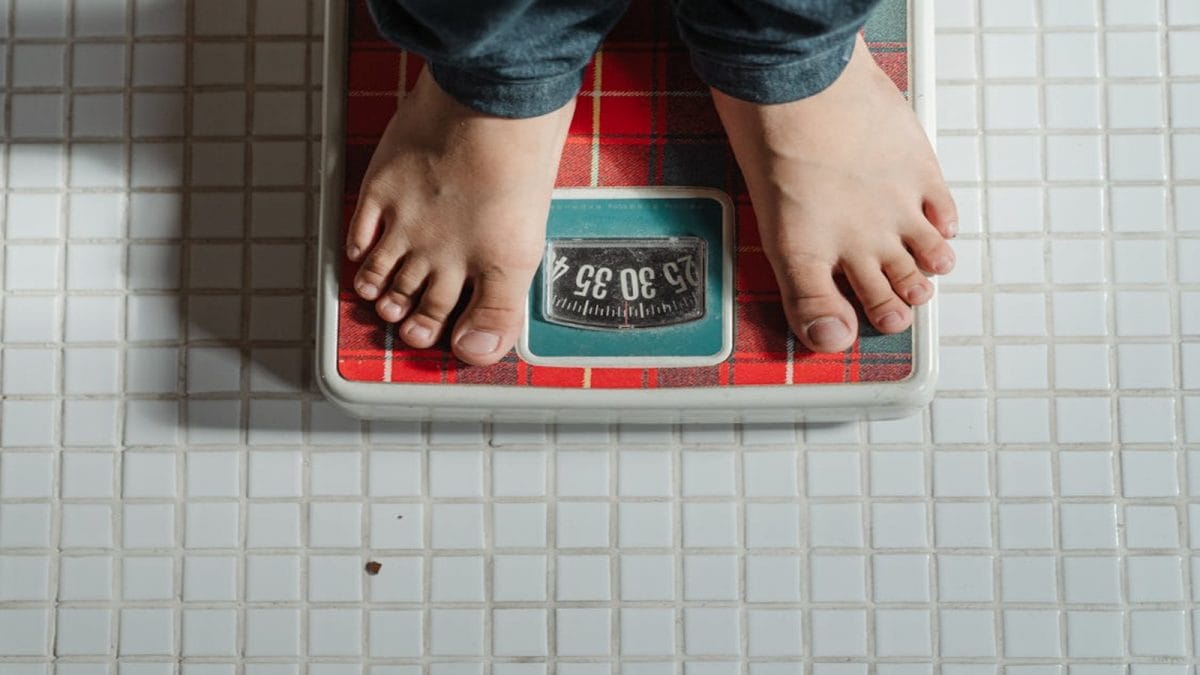Last Updated:
In 2020, approximately 33 million Indian children were living with overweight or obesity, representing about 9% of all children under 20. That could go up to 83 million by 2035

80% of these children remain obese into adulthood, making early onset diabetes and heart disease almost inevitable.
‘I’ve observed a disturbing trend: childhood obesity has spiralled into a global epidemic—no longer a simple lifestyle issue but a major contributor to chronic disease,” says Dr Pradeep Chowbey, Chairman, Max Institute of Laparoscopic, Robotic and Bariatric Surgery and Allied Surgical Specialities, Max Super Speciality Hospital, Saket.
In 2020, approximately 33 million Indian children were living with overweight or obesity, representing about 9% of all children under 20. That number could climb to 83 million by 2035.
Even more alarming, Dr Chowbey points out that 80% of these children remain obese into adulthood, making early onset diabetes and heart disease almost inevitable.
Fundamental Causes
According to Dr. Chowbey, improved economic status and urbanization have created an environment that fosters obesity. “Easily available transport has cut down physical activity to almost zero. To add to this, high-calorie processed foods are everywhere—they offer little nutritional value but significantly contribute to weight gain,” he explains.
This leads to a caloric imbalance, where intake is high but calorie burn is minimal. Dr. Chowbey also emphasizes the role of poor sleep patterns. “Sleeping at late hours increases the chances of late-night binging, and since metabolism slows during sleep, this significantly increases the risk of obesity,” he adds.
Diagnosing obesity in children largely relies on Body Mass Index (BMI) calculated as weight (kg) divided by height squared (m²). While this metric has limitations, it remains the standard. BMI between 18.5 and 25 is normal; 25 to 30 indicates overweight; above 30 is obese. Dr. Chowbey recommends regular BMI checks, especially from age five, as a priority in schools.
The Immediate and Long-Term Consequences
Dr. Chowbey warns that the consequences of childhood obesity are immediate and profound.
“Obese children often develop high blood pressure and cholesterol levels, and many become prediabetic well before adulthood. I’ve seen young teens with early signs of Type 2 diabetes, joint pain, sleep apnea, and cardiovascular risk markers,” he notes.
The psychological toll is equally concerning. Many obese children suffer from bullying and low self-esteem, leading to anxiety, depression, and social withdrawal.
Moreover, obese girls face a heightened risk of Polycystic Ovarian Syndrome (PCOS)—leading to irregular menstruation and even infertility later in life.
Over the longer term, Dr. Chowbey cautions that childhood obesity sets the stage for serious chronic diseases: “Heart disease, diabetes, stroke, specific cancers, and osteoarthritis are all too common in those who remain obese into adulthood.”
The Path Forward
So what can be done? Dr. Chowbey stresses that it begins at home and in schools.
“Schools must conduct regular BMI screenings, and parents need to model healthy habits. Replace sugary snacks with nutritious meals and involve children in cooking. Reduce screen time and encourage active play whether at school or in the neighbourhood,” he advises.
He also issues a strong public health warning, “This doubling of childhood obesity in just a few decades is a public health alarm bell. If we don’t act now, we’ll raise a generation predisposed to early-onset chronic disease. It’s time for a collective, informed effort to safeguard our children’s futures.”

Swati Chaturvedi, a seasoned media and journalism aficionado with over 10 years of expertise, is not just a storyteller; she’s a weaver of wit and wisdom in the digital landscape. As a key figure in News18 Engl…Read More
Swati Chaturvedi, a seasoned media and journalism aficionado with over 10 years of expertise, is not just a storyteller; she’s a weaver of wit and wisdom in the digital landscape. As a key figure in News18 Engl… Read More
September 06, 2025, 18:45 IST







